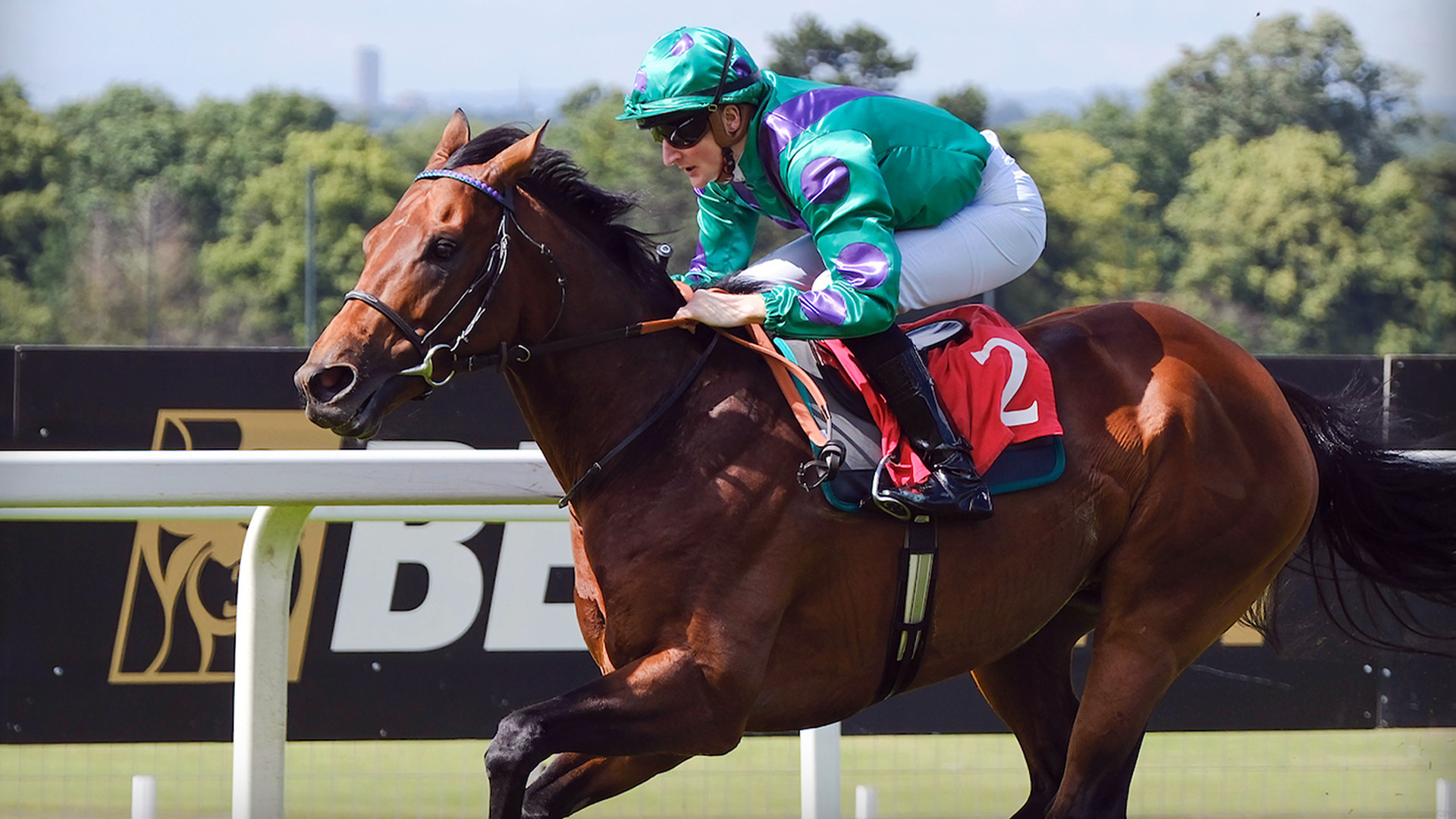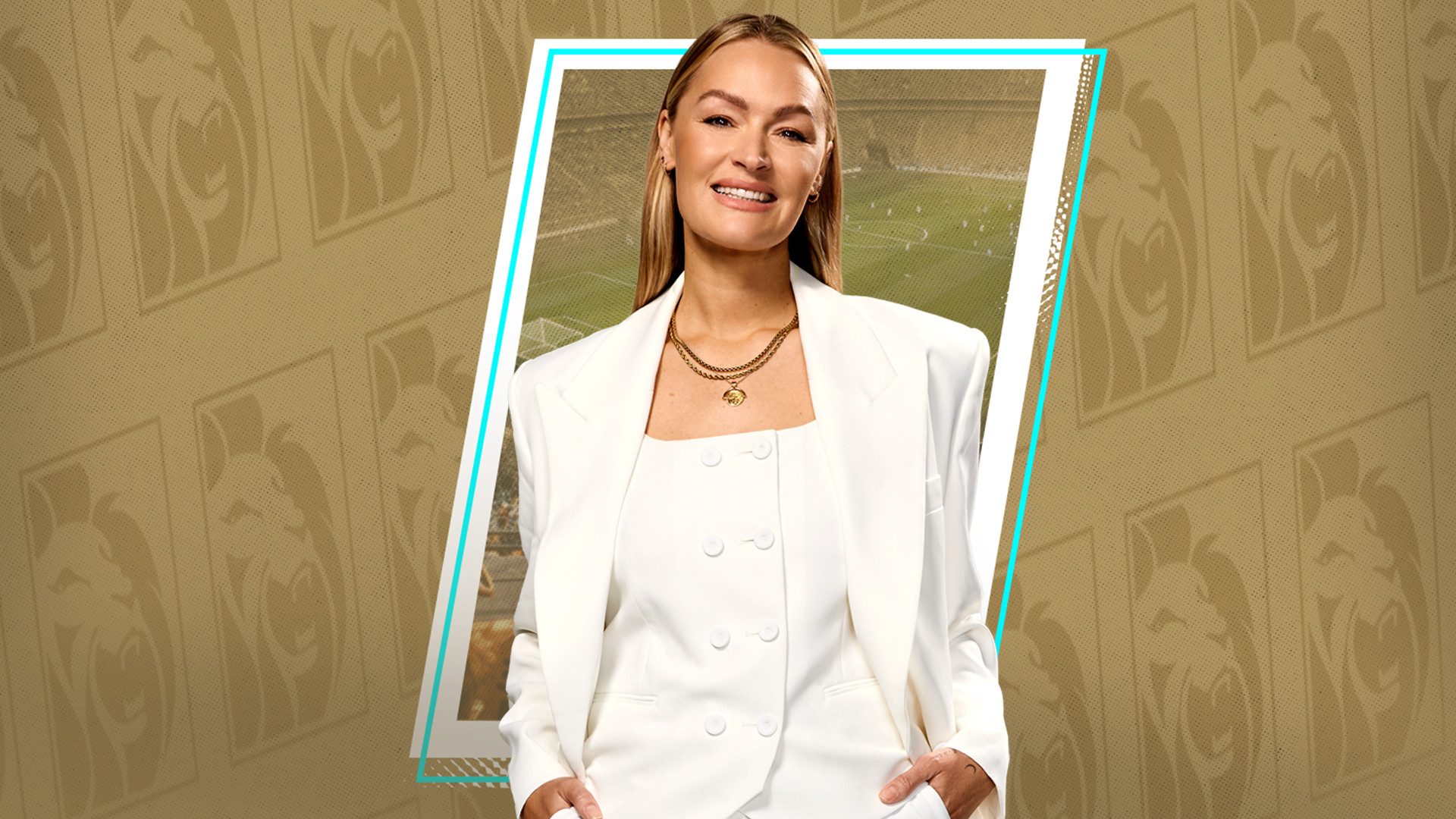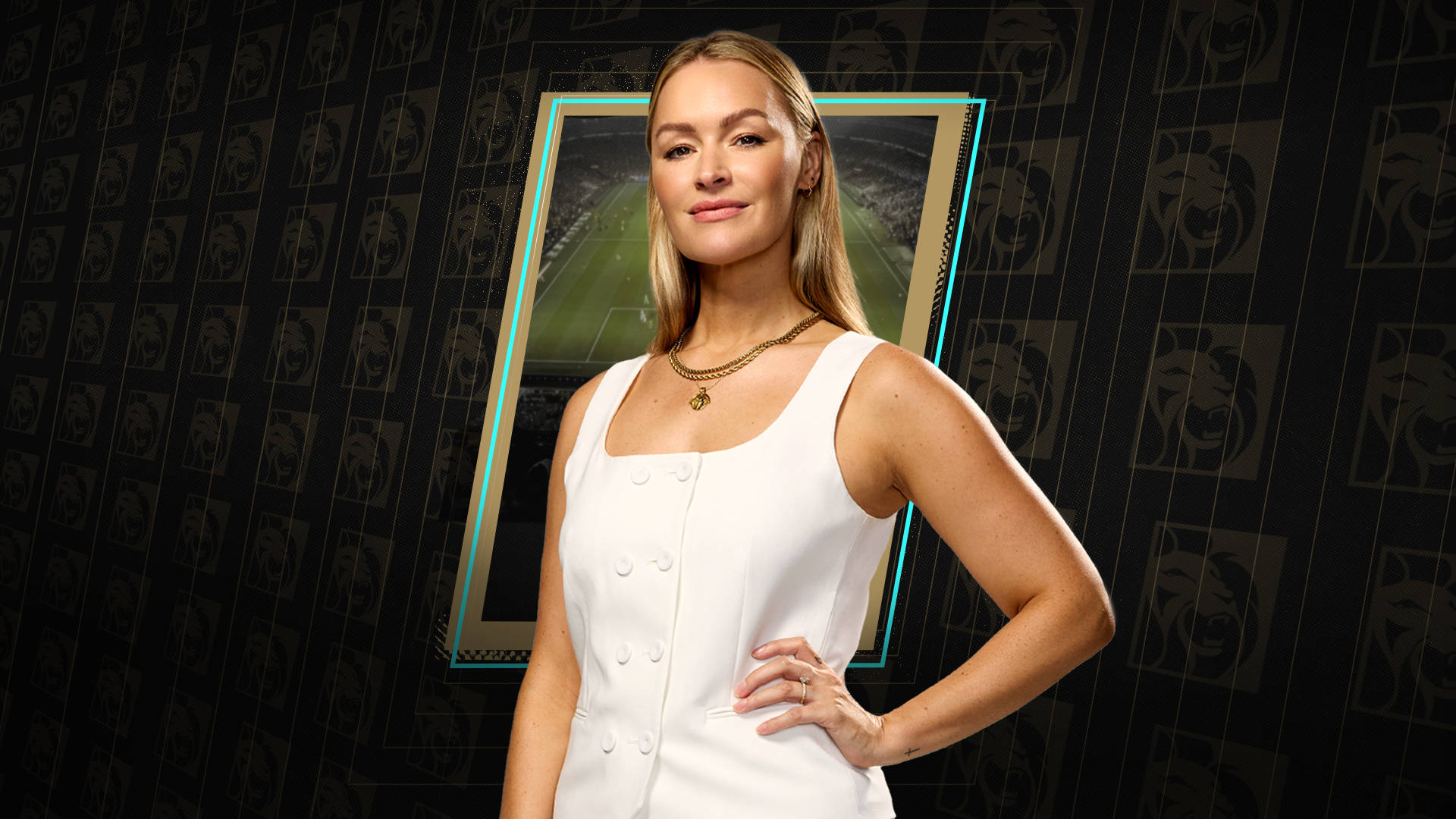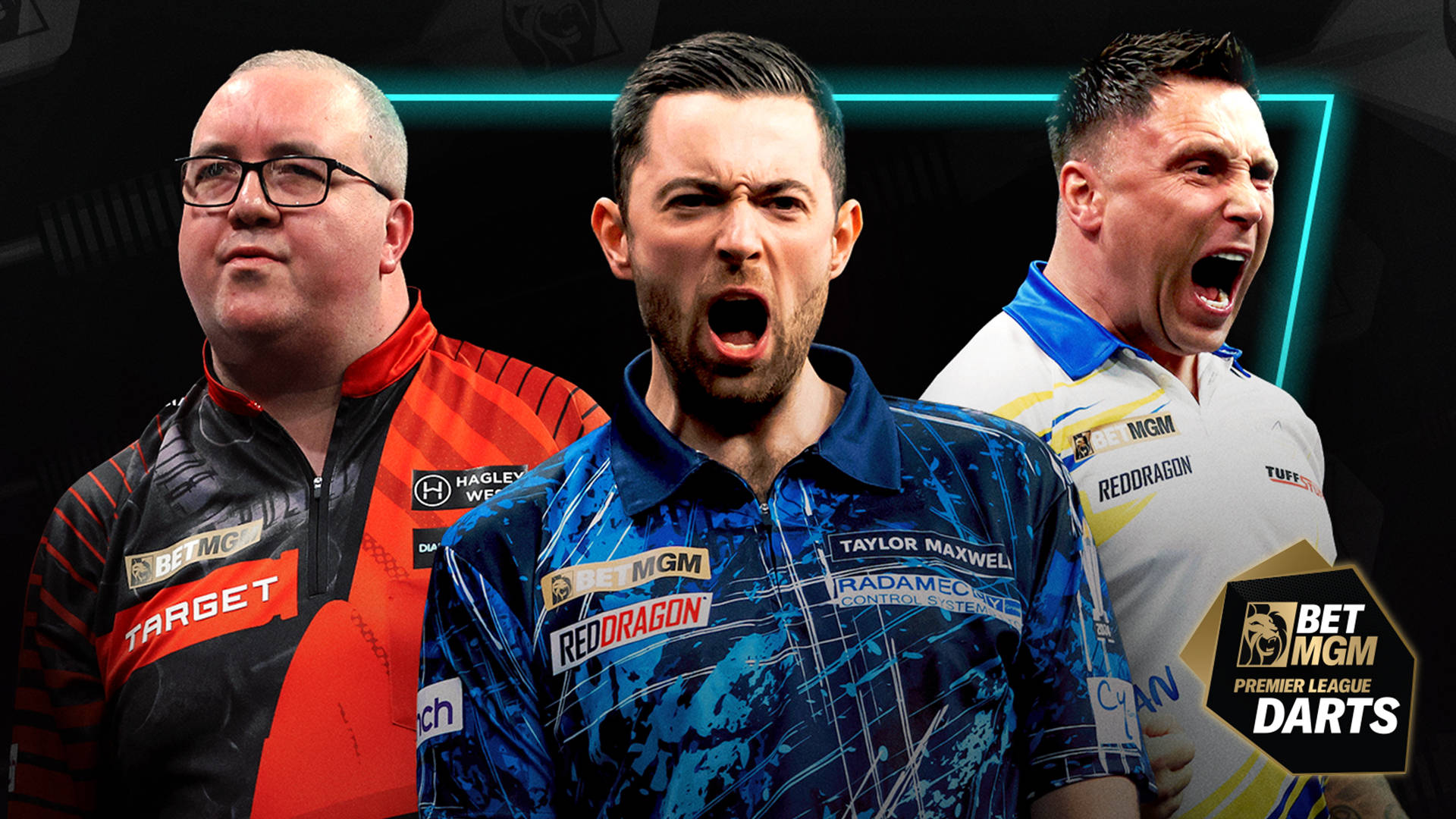
Jockeys with the Most Grand National Wins
Riding a winner in the Grand National is every jockeys' dream. Doing it multiple times is almost unheard of. Only a select few jockeys in the history of the Grand National have won the race three times or more – and some did it back in the 1800s!
Steering a horse to the post in the Grand National is no easy feat. You have to be extremely fit, be capable of safely navigating over 30 jumps, and receive a huge slice of luck to cross the line first.
But who are the most successful Grand National jockeys and what are their secrets? Let's take a look in our guide to the best Grand National jockeys of all time.
Why Winning the Grand National Multiple Times is So Difficult
Before we look at the top Grand National jockeys, it’s worth reflecting on why they are so highly respected in horse racing betting circles.
For a start, qualifying as a jockey for the Grand National is extremely difficult. You have to be one of the best National Hunt jockeys in the UK and Ireland to get a seat. Physically, you have to be able to endure a long race and, most likely, compete in other races on the same day at Aintree too.
Then there is the race itself. A maximum of 34 horses compete in the Grand National and vault over high fences. As a jockey, you have to safely steer your horse through a crowd, jump each fence, and maintain a good pace. Many horses pull up due to exhaustion before getting to the final jump.
Experience and strategy is also a major factor when riding in the National. Push your horse too much and it risks getting hurt by a mistimed jump. Go too slow and the field will stretch ahead without you. Amateur jockeys rarely win, although Marcus Armytage (1990) and Sam Waley-Cohen (2022) proved inexperience isn’t a barrier to glory at Aintree.
Jockeys with the Most Grand National Wins
George Stevens – 5 Wins
The first Grand National took place in 1839 and within two decades the race had acquired its first superstar. George Stevens won the race five times between 1856 and 1870.
Back in the 1850s wealthy spectators still rode alongside the competing horses and watched the Grand National from varying vantage points. The course was also a patchwork of fields – 11 were in use during Stevens’ 1863 victory. Most jumps were ditches rather than fences.
Stevens was a quiet, level-headed jockey who wasn’t spooked by much. His first victory at Aintree came on Freetrader in 1856 but his most famous triumph was the back-to-back wins for The Colonel in 1869 and 1870.
Stevens died at the age of 38 after a horse he was riding in the Gloucestershire countryside bolted in bad weather and bolted down a steep hill towards Cheltenham. No jockey has ever come close to his five Grand National wins.
Brian Fletcher – 3 Wins
The Colonel was the celebrity horse of the 1800s but his reputation doesn’t come close to one Red Rum gained in the 1970s. Brian Fletcher steered Red Rum to two of the horse’s three Grand National triumphs, having previously led Red Alligator over the line as a 20-year-old young jockey.
Hailing from County Durham, Fletcher worked with trainer Denys Smith and together they rocked the bookies with Red Alligator’s victory in 1968. Five years later Fletcher sat atop the 9/1 joint favourite Red Rum as he strode down the Aintree course to run in the National.
The jockey delivered a record winning time and clawed back a 15-length deficit to Crisp at the final fence to secure victory. Fletcher then steered Red Rum to the 1974 Grand National with the horse carrying the maximum weight of 12 st.
Fellow jockey Peter Scudamore dubbed Fletcher the “Unsung Hero” of Red Rum’s Grand National career due to his humble approach. He retired after a head injury and went on to farm sheep.
Tom Olliver – 3 Wins
Back in the 1800s it wasn't uncommon for Grand National trainers to also ride their horses in the Grand National. Tom Olliver won the 1842 and 1843 Nationals for other trainers, before getting into the training game himself. In 1853 he saddled up Peter Simple and steered the 9/1 runner to victory at Aintree. Only nine horses finished the race.
Olliver also rode in the first official Grand National in 1839 when he finished second on 12/1 outsider Seventy-Four. He also finished second with St Leger in 1847 and with The Curate a year later.
He rode a record 19 Grand Nationals – his last coming in 1858. He became a pub landlord before returning to racing training in later life.
Arthur Nightingall – 3 Wins
Arthur Nightingall won his first Grand National on 4/1 favourite Ilex in 1890, racing for his father and trainer John Nightingall. Four years later he again won on the favoured horse, Why Not, by one-and-a-half lengths.
Nightingall had a fairly solid horse racing career but his famed moment came in 1901 atop Grudon. Aintree cowered under a snowstorm and there was a very real drift across the racecourse.
The going was so bad, and the race so slow, that Nightingall even chatted to fellow jockey Algy Anthony as they jostled for the lead, before saying: “Ta-ta, old chap. I must push on a trifle faster”. He did and won the race by four lengths. Anthony finished way back on Covert Hack in seventh.
Tommy Beasley – 3 Wins
Tommy Beasley won back-to-back Grand Nationals in 1880 and 1881 for trainer Henry Linde. His first win atop Empress saw him beat The Liberator carrying two stone less weight. A year later, Beasley again steered a lighter horse to victory with Woodbrook sauntering home ahead of the heavier Regal.
However, Beasley proved he could push on higher weights and still come out triumphant in 1989 when nudging Frigate beyond 1894 champion Why Not by a length in a two-horse dash to the line.
Beasley quit steeplechasing three years after his last Grand National triumph and went on to be a champion on the flat too. He won the Irish Derbys three times.
Tommy Pickernell – 3 Wins
Tommy Pickernell rode in 17 Grand Nationals, with a 15-year gap between his first and last winners. The jockey, who rode as "Mr Thomas", steered Anatis to victory in 1860 after allegedly being offered a bribe by a rival jockey to throw the race midway through the action. He declined and won, so the story goes.
Eleven years later Pickernell was back celebrating at Aintree with The Lamb. There's an apocryphal tale that in 1875 Pathfinder lugged a drunk Pickernell round Aintree and somehow managed to win the race by half a length.
Jack Anthony – 3 Wins
Jack Anthony won the Grand National three times in nine years, which included a new record in 1915. His first win came on Glenside in 1911 – a race that played out in horrendous rain. Only four horses finished.
Four years later he delivered the first ever female-owned Grand National winner when nudging 100/8 shot Ally Sloper over the line by two lengths for owned Lady Margaret Nelson.
Anthony's third National triumph came in 1920 when steering Troytown to a 12-length victory. He also won the Cheltenham Gold Cup twice.
Leighton Aspell – 2 Wins
Not many jockeys with two Grand Nationals and even fewer manage back-to-back victories on different horses. Leighton Aspell claimed his first career win back in 1993 but would have to wait 21 years to win the Grand National.
He steered 25/1 outsider Pineau de Re to a five-length victory in 2014 with supreme poise. Twelve months later, Many Clouds (another 25/1 outsider) nudged ahead of Saint Are to win the 2015 Grand National by less than two lengths.
Aspell retired in 2020 with 911 racing wins under his belt. He is estimated to have earned more than £9 million in prize money over the years.
Davy Russell – 2 Wins
Davy Russell must have been taking notes from Aspell because he managed to secure back-to-back victories at Aintree only a few years after his fellow jockey. Russell’s feat is arguably more famous because he did it on the magnificent Tiger Roll.
Tiger Roll emulated Red Rum in achieving consecutive victories. Russell took a back seat to allow the horse to bask in the limelight. As one of Ireland’s most successful jockeys, he knew how much the wins meant to Tiger Roll’s owners.
Russell retired in 2023 after a sparkling career in which he was named Irish jump racing Champion Jockey three times, rode 22 Cheltenham Festival winners, and twice won the Irish Gold Cup. His strategic positioning and willingness to be patient in even the most testing of races formed the foundations of his success.
Ruby Walsh – 2 Wins
Ruby Walsh was just 20 years old when he steered Papillon, trained by his father Ted Walsh, to Grand National glory in 2000. The win came as a complete shock. Walsh had only ridden one Cheltenham winner – the Champion Bumper – before stealing the limelight from more experienced jockeys at Aintree.
Five years later and, with the Queen Mother Champion Chase and Arkle under his belt, a more experienced Walsh again delivered in Liverpool. He rode 7/1 favourite Hedgehunter to victory by 14 lengths – a mesmerising ride that bamboozled the bookies. He also placed in the top four in 2001, ‘02, ‘06 and ‘09.
Walsh retired in 2019 having been named Irish jump jockey champion 12 times and leading jockey at Cheltenham Festival on 11 occasions.
Richard Dunwoody – 2 Wins
Richard Dunwoody was a standout jockey in his generation and one racing betting fans loved to back. Hailing from Belfast, he won his first Grand National aged just 22 on West Tip, a 15/2 second favourite carrying the second-highest weight. In 1994 Dunwoody nailed his second Aintree success on Miinnehoma, a less tipped 16/1 outsider.
Dunwoody's legacy in the Grand National doesn't just stem from these two races. He rode 14 times at Aintree, placing on eight occasions. He was a reliable bet for punters seeking an each-way safe haven. Amazingly, West Tip ran in six consecutive Nationals, with Dunwoody steering the Irish gelding to a second-place finish in 1989 and two fourth-place finishes.
Dunwoody also won the Irish Gold Cup twice and four King George VI Chases. He was named British jump racing Champion Jockey three times in succession between 1993 and 1995 and retired in 1999 with 1,874 career wins.
Other Jockeys with 2 Wins
- Chris Green – 2 Wins (1850, 1959)
- Alec Goodman – 2 Wins (1852, 1866)
- John Page – 2 Wins (1867, 1872)
- J. M. Richardson – 2 Wins (1873, 1874)
- Ted Wilson – 2 Wins (1884, 1885)
- Percy Woodland – 2 Wins (1903, 1913)
- Ernie Piggott – 2 Wins (1912, 1919)
- Arthur Thompson – 2 Wins (1948, 1952)
- Bryan Marshall – 2 Wins (1953, 1954)
- Pat Taaffe – 2 Wins (1955, 1970)
- Fred Winter – 2 Wins (1957, 1962)
- Carl Llewellyn – 2 Wins (1992, 1998)
- Derek Fox – 2 Wins (2017, 2023)
What Makes a Grand National Winning Jockey?
Winning the Grand National has always been a feat of perseverance and stamina. Physically, jockeys are required to ride for around 15 minutes, vault 30 fences, ride hard and with precision, and do it all in a squatting position.
Mentally, jockeys have to stick to a race plan, keep their horse calm and focused, and ensure they vault safely over each jump.
Do all this and you might stand a chance of finishing the race. To stand a chance of winning the Grand National, jockeys also need to know the course inside out and have a strong relationship with their horse. So long as they don’t fall, this should get them into a position to challenge for the places.
But what splits winning jockeys from the also-rans? Well, in most cases it's a huge slice of luck and a determination to deliver one last dash for the line. Even the best jockeys and horses fall at the National and often it’s not their fault – simply fate as horse bunch up at jumps.
However, if a jockey can manage the variables within their control then they maximise their chances of winning the biggest race on earth.
How Grand National Success Influences Betting
Punters look at a lot of variables when Grand National betting. The horse’s name, its owner and trainer, its number, the jockey’s silks, the horse’s form. Some punters even just look at the racing odds and make their pick based on potential profit.
However, it’s also worth assessing the jockeys before placing a Grand National bet, as they can greatly influence the race.
A jockey with steeplechase experience is key. Look for those who have raced long, hard races over the winter, and who persistently steer their rides into place finishes. The Grand National takes place a few weeks after the Cheltenham Festival, so keep an eye on the jockeys who thrive over the longer races there. Those who win the National Hunt Chase, Cross Country Chase and the Hunters' Chase are worth considering.
These jockeys will also directly affect the Grand National odds. Those competing for Champion Jockey over the National Hunt season will be given preferential treatment by trainers, so they’ll most likely be riding short-odds favourites.
With a bit of research, it’s possible to spot jockeys who are primed for the Grand National and who are worth backing as much as any horse.
Make sure to read through our Grand National betting guide to find out all you need to know about placing a bet on the big event.


